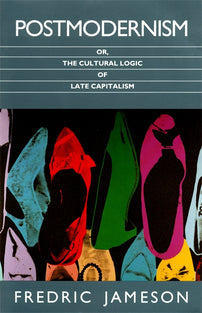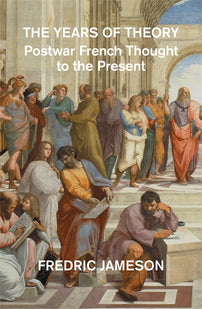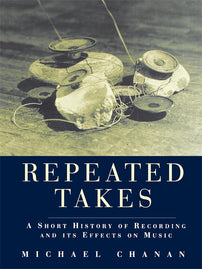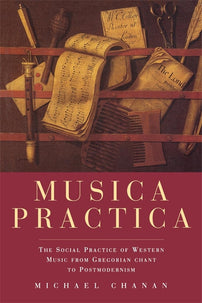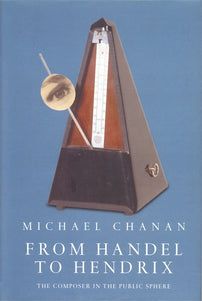Fredric Jameson on Lacan: A short seminar
Michael Chanan shares footage of Fredric Jameson giving a seminar on Lacan.

The death of Fredric Jameson leaves a huge gap in our intellectual world. Twenty-five years ago, when Jameson invited me to spend a semester at Duke University as a visiting professor, I sat in on his graduate seminar on Lacan. One day he asked my help to solve a problem. He’d mixed up his diary and had agreed to give a lecture somewhere else on the day of the seminar, so would I shoot a video of the seminar and show it to the students on the day? This is the video, filmed in the selfsame seminar room. Screening it for the students was a bizarre moment. As the image came up, these very serious students started giggling. When I afterwards asked them why, they said it was almost surreal to see Fred on the screen in the same place he usually stood right in front of them. I had unwittingly made what structural filmmakers back in the day called a site-specific piece of work.
Jameson and I first met some fifteen years earlier at the film festival in Havana, and I’d been to Duke once before, when he invited me to a conference on Third World culture. The conference was an education in itself, what such events are supposed to be but seldom are. I found myself in a peaceful rural setting far removed from the damaging tensions of the central London college where I’d been teaching, in a department which was more than collegiate but reflected Jameson’s own openness of spirit. He was a gracious host, generous with his time, and our conversations ranged widely over his voracious interest in cinema – he introduced me to the work of the avant-garde Armenian Artavazd Peleshian – and other areas of interest, mainly aesthetic. We also spoke extensively about music, which Jameson approached through his deep knowledge of Adorno. We would go to see a film on a Sunday afternoon, and there were dinner parties.
[book-strip index="1"]
He was not very au fait with handling the new computer technology and wrote on a typewriter. This led to an amusing conversation about the bugbear of footnotes, and having to retype pages to correct errors. I suggested that he should try using a word processor, which made it easier and he said, no, a colleague in Brazil had suggested the solution: use two typewriters, one for the text and the other for the references.
But my most entertaining memory is the night of the 2000 US presidential election. Jameson had invited me to watch the results on television with him and a friend of his and their families. The teenage children had been canvassing for Al Gore and were duly excited, the adults were laid-back and somewhat sceptical, though not cynical. For me, the surprise was the totally bland television presentation, which had none of the fizz and drama that British television brings to election results. When the networks initially declared Gore the winner in Florida before retracting their pronouncements when it became clear the result was too close to call, they didn’t know how to react. I don’t recall exactly when this turned into the saga of the hanging chads, but I vividly remember the moment when, the night still young, Fred yawned, announced he was bored, and went off to bed. It wasn’t long before I followed suit.
[book-strip index="2"]
It was almost the end of my trip, and a few days later I set off to make my roundabout way to Havana for the film festival, leaving behind both the slow-motion unfolding of political turmoil, and happy memories of the most productive of busman’s holidays, and at the centre of it, an encounter with one of the two or three of the most lucid and creative minds I’ve been fortunate to get to know in my life. The video, rough and crude as it is, presents one notable aspect of his gifts, that of the teacher in front of his class. The class is imagined, he sees it in the lens of the camera which he addresses directly, but the teaching is – I dare not say real, but there for all to see, even if you’re not much interested in the abstruse complexities of Lacan.
Michael Chanan
[book-strip index="3"]

